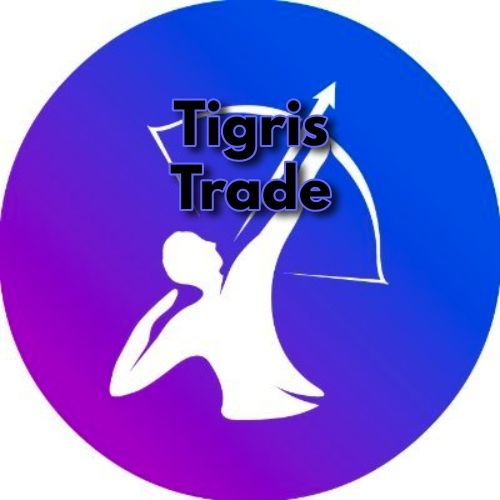Tigris, decentralized synthetic trading platform. Find out more about the project and its official website.
Tigris is a decentralized synthetic leverage trading platform on Arbitrum and Polygon that allows you to trade crypto, forex, and commodities with up to 500x leverage directly from your wallet.
When you like to trade, finding a good decentralized trading platform isn’t always easy. That’s why we’re introducing you to this new platform.
Tigris, introduction:
Asset prices are sourced through a powerful oracle system powered by Pyth.
Thanks to the oracle architecture, all orders are instantly executed at the exact selected price.
Oracle: On top of regular orders, Tigris features the possibility to add and remove margin, open a position on top of another and to partially close positions.
Trading and fees: Liquidity for traders is provided through tigUSD, the protocol own stablecoin that can be staked to receive 30% of trading fees.
TigUSD and liquidity: 70% of trading fees and governance power is distributed to staked TIG. 100% of TIG supply is circulating with no private deals or VC raises.
Oracle:
The Most Innovative Oracle System.
What is a Distributed Signature-Based Oracle Network?
Oracle nodes are connected to the Pythnet price feed. The asset prices and other related data is signed and broadcasted directly to Tigris users, which is used to place market orders.
This data consists of:
- Asset price
- Spread
- Timestamp
- Node address
- Market open/closed status
- Oracle signature
Upon placing a trade, price data and signature is included in the transaction input parameters, where the validity of the data and the signatures are verified on-chain.
Prices provided by the oracle network are also compared to Chainlink’s public price feeds for additional security. If prices have more than a 2% difference the transaction is reverted.
What does this mean for traders?
Reliable prices. The moment you click the ‘Open Trade’ button, the asset price is locked in. This means there is no slippage in price, ever.
Instant order execution. Unlike traditional oracle-callback solutions, which require at least two transactions (one to place an order, the other for settlement), all orders are executed instantly in only one transaction, so there is no need to wait for settlement at all.
The speed of the platform is only limited by the speed of the blockchain being used.
